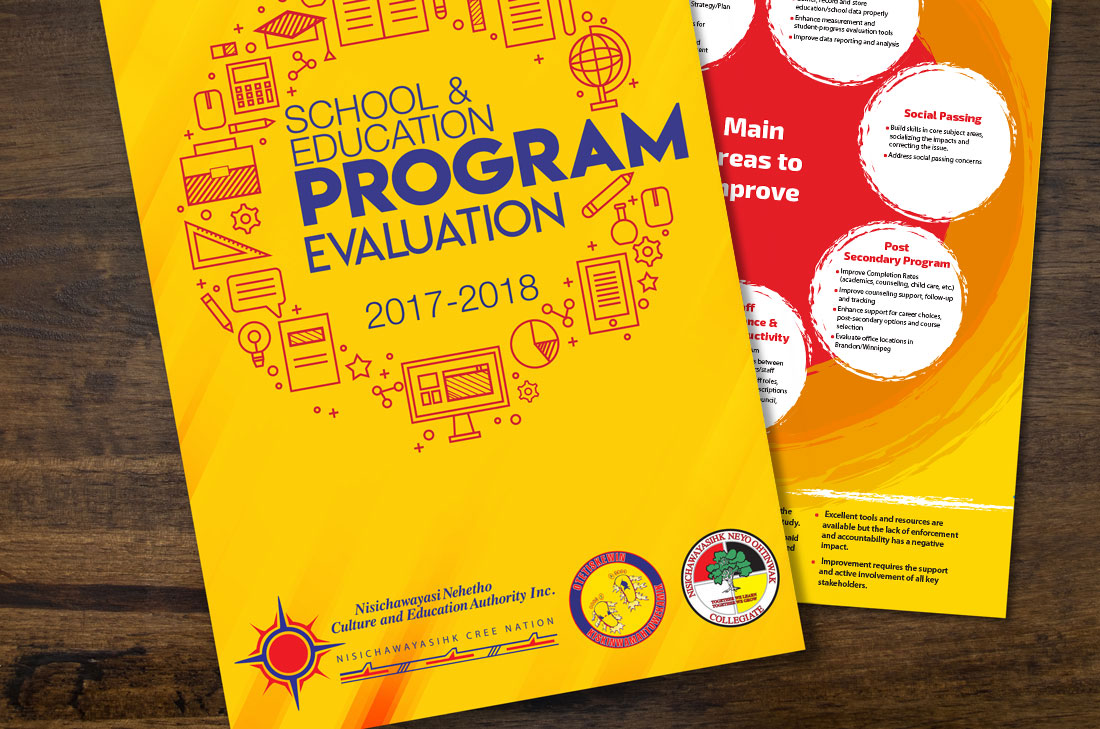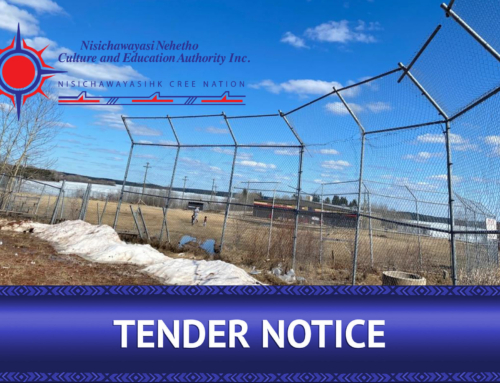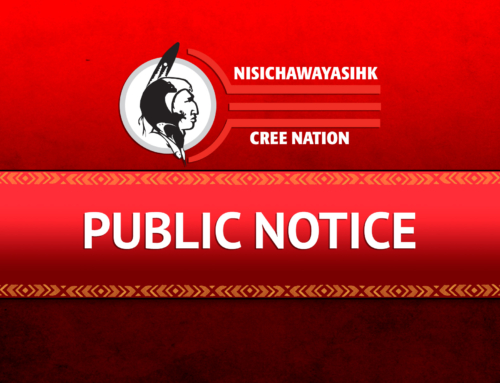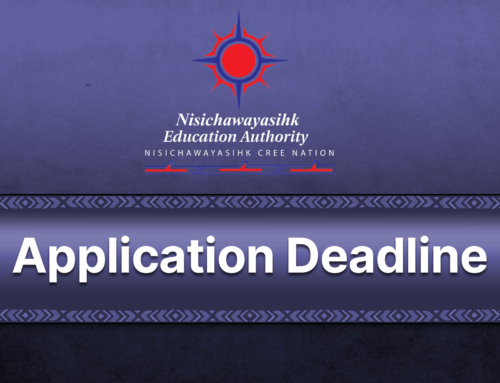The general purpose of the NNCEA School and Education evaluation is to assist in strengthening and improving the education programs and services provided to the NCN.
During the evaluation process the CES evaluation team evaluated the existing conditions, programs and practices; assessed the adequacy, strengths, and weaknesses of existing school and education programs and practices for present and future needs.
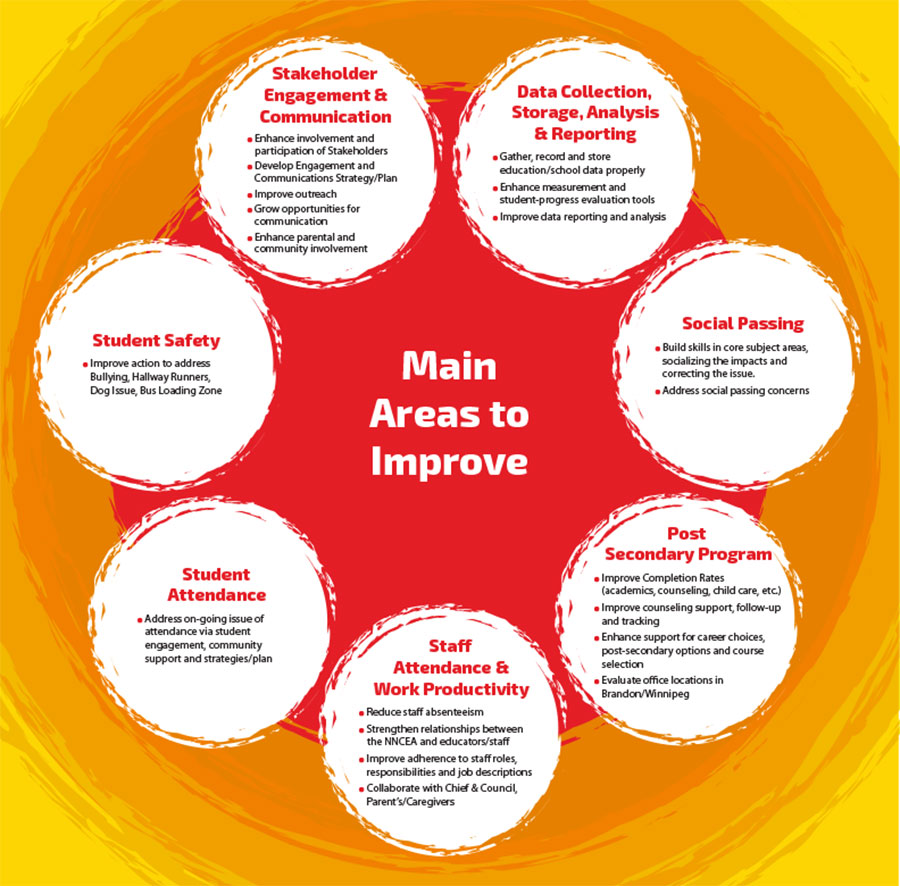
SUMMARY
The following is a summary of the findings in the evaluation for your convenience.
Objectives of the Evaluation are as follows:
- Involve the NNCEA, parents/caregivers and staff in reviewing their school and education system according to criteria and standards agreed to by their stakeholders.
- Create an opportunity for the individualswho manage and operate the education system to make conclusions about the effectiveness of their education system based on the information gathered by CES’s School Evaluation Team.
- Use the school and education program evaluation as part of a process to promote on-going improvement of education through the creation and implementationof a School and Education Improvement Plan.
The School & Education evaluation focused on the following areas:
- NNCEA Services & Programs
- OK School
- NNOC
Schedule of Activities: (2017-2018)
- Oct – Research
- Nov – Surveys Program Evaluation
- Dec – Program Evaluation
- Jan – Program Evaluation
- Feb – Program Evaluation
- Mar – Program Evaluation
- Apr – First Draft
- May – Second Draft
- Jun – Final Report & Presentation
Evaluated Areas:
- School Demographics, Student Data, Records & Related Materials
- Curriculum
- Special Education & Student Support Services
- Perception. School, classroom climate, structures, protocols and procedures.
- Pedagogical Methods
- Leadership & Management
- Engagement & School Stakeholder Relations
- Extra Curriculum & Related Students Programs/Activities
- Administration & Transportation
- NNCEA Services
- NNCEA Post Secondary, Mature Student and Private Home Placement Programs
- Phase I. Review. Implementation status of previous school evaluation.
Recommendations:
Based on the overall assessment, and as part of the evaluation process recommendations were provided in the Report concerning the maintaining, modifying, and enhancing of programs and practices. These recommendations were identified in each section of the report along with the resources required to implement these recommendations.
The evaluation also identifies (based on the existing organizational structure) as to who is responsible or has the capability (mandate) to implement the recommended changes that are required in order to continue improving O.K. & NNOC along with the NNCEA’s education services and programs.
Findings:
The evaluation of the NNCEA’s School and Education Programs have highlighted a series of indicators that provide the NCN community with an updated assessment (current state) of the school andeducation programs that they deliver and operate.
It is important to note that NNCEA has advanced considerably in the development of policies and procedures concerning their school and education programs. As indicated withinthe report, the NNCEA Policy Manual is an excellent tool, which has effectively formalized and provides valuable guidance concerning the internal operating proceduresof the NCN’s school and education programs.
The current School Evaluation has also identified that significant effort has been and continues to be made by NNCEA, school administrators, teachers and staffin improving student performance, achievement and success; however despite these efforts there still remains several critical areas to improve upon which are as follows:
Main Areas of Improvement:
- Stakeholder Engagement & Communication (Community Plan for Education – Local Control, Engaging key stakeholders – parents/caregivers, Elders Staff, Students and Chief & Council. (Reporting of Progress to Stakeholders)
- Data Collection, Storage, Analysis & Reporting – Student Progress and Performance, Standardized Testing, & Attendance & stakeholder perception.
- Staff Attendance & Work Productivity – mentoring, guidance and evaluating.
- Social Passing – skills building in core subject areas, socializing the impacts and correcting the issue. (students pass without having the necessary skills for future educational success)
- Student Attendance – Student Engagement, community support, developing a comprehensive stakeholder supported plan and strategy to deal with this issue.
1. Stakeholder Engagement & Communication.
- Involvement and participation of Stakeholders (Chief & Council, Parents/Caregivers, Students, Elders, Community Members, Etc.,) in the School and Education programs.
- Improvement on outreach, informing and reporting to the community.
- Increased opportunities for communication with Stakeholders.
- Parental and community involvement was identified as a critical area that requires improvement.
- The development of an Engagement and Communications Strategy/Plan is key in addressing the disconnection observed between all stakeholders related to the school success.
2. Data Collection, Storage, Analysis & Reporting – Student Progress and Performance, Standardized Testing, & Attendance & stakeholder perception.
- NNCEA needs to gather, collect and record education/school data properly
- Appropriate measurement tools need to be identified and utilized (Student Progress and Performance)
- Data needs to reviewed and stored effectively.
- Data needs to analyzed and utilized to support to identify key areas for improvement and/or support.
- Data needs to be reported and Stakeholders informed.
- Measurement is key to determining the success of school/education programs and the NNCEA as a whole.
3. Staff Attendance & Work Productivity –mentoring, guidance and evaluating.
- The schools have been impacted by high staff absenteeism.
- As well some staff are not playing their positions, which is impacting students in the school.
- Due to the political nature of this issue – it is recommended that the NNCEA works with Chief & Council, Parent’s/Caregivers and the Community to remedy this issue.
- More effort is required to improve and strengthen relations between the NNCEA and teaching staff.
4. Social Passing. Skills building in core subject areas, socializing the impacts and correcting the issue.
Note: Social Passing is a serious issue that impacts NNCEA students as they progress through the school system. It is recommended that this issue is collectively dealt with by the NNCEA and their key stakeholders and that all stakeholders are aware of the impacts of social passing and that a plan is developed and supported so that this practice can be addressed.
5. Student Attendance – Student Engagement, community support, developing a comprehensive stakeholder supported plan and strategy to deal with this issue.
- Student attendance has been an on-going issue for the NNCEA and it is recommended that this issue is addressed and a plan of action is developed with the involvement of all key stakeholders.
- Staff attendance – From the student attendance data that was provided the average overall attendance for the Early Years Program was 68%, which means that on average students were absent 62 school days per year. For the Middle Years Program the average attendance was 62%, which means that on average students are absent over 70 school days per year. These average attendance levels are problematic and if not improved, student success, performance and achievement will likely continue to be negatively impacted.
Other Areas of Concern:
Student Safety:
- Bullying – This is a serious issue at O.K.
- Hallway Runners – This is a serious issue at O.K.
- Dog Issue (This is a School/community issue)
- Bus Loading Zone (Vehicles are an issue)
Main Areas of Improvement:
Post Secondary Program(PSP):
- Success and Completion Rates need improving. The PSP is experiencing high drop out levels – this is primarily due to students not being properly prepared for life on their own, not having adequate academic skills, lack of counseling support, lack of child care options, etc.,
- There is a need for more counseling support for students as well greater follow-up and tracking of sponsored students.
- There is a need to provide NNOC students with more support from this program particularly in the area of high school course pre-requisites, career choices, post secondary programming and course selections.
- The majority of students attend school in Winnipeg, however the office is located in Brandon making the servicing of students challenging, less effective and more costly.
Conclusions:
The NNCEA School & Education Program Evaluation should serve as a guide (tool) for enhancing, optimizing, and improving school and education programs.
This Evaluation has highlighted a series of indicators that can provide the NCN community with an updated assessment of the current state of the programs and components of the NNCEA’s education programs and the schools that they operate.
Improvement in student achievement, success, performance and outcomes requires the support of all key stakeholders (students, staff, Chief & Council, parents/caregiver, Elders and community members).
If the NNCEA focuses on the Main Areas as identified within this presentation then it is anticipated that the NNCEA will experience significant educational success going forward.
Overall, it was observed that the NNCEA has excellent tools and resources within their schools that could allow them to deliver excellent education programs, however the enforcement of polices and lack of accountability has impacted the quality of the services that the NNCEA provides.
NNCEA Teachers are among the highest paid teaching professionals in Manitoba. Therefore, this level of compensation should reflect the highest commitment, quality, and responsibility when delivering school programs.
Although this Evaluation provides NNCEA with a complete set of recommendations, as well as a Suggested Action Plan for Phase II, it is important to note that the responsibility for the changes that are required are not exclusive to NNCEA. This is why the evaluators have placed significant emphasis on the socialization process for any type of improvement process, as the success of Phase II is the responsibility of all stakeholders. Therefore, the support, collaboration and buy-in of all stakeholders is critical as without this support and involvement significant improvements in the schools and education programs will likely not occur.
As a final comment it is important to mention that NNCEA, like other independent First Nations in Manitoba, has been operating at a significantly lower funding level than the majority of their peers in other provinces and in relation to First Nations that are administered by Provincial school divisions since their inception.
If the NNCEA were to have similar levels of funding then they would be able to do a great deal more to improve the levels of student success, performance and achievement. It is hoped that with the new proposed funding model and regional education agreements on the horizon, that funding levels to the NNCEA and other independent Manitoba First Nations will improve, in time.
Acknowledgements:
We wish to thank the members of the NNCEABoard, Staff, Parents, Students, Chief & Council, and Community Members for the support and cooperation received in completing the evaluation of NCN’s School & Education Programs:
Evaluation Steering CommitteeMembers:
Gail Gossfeld-McDonald – Director of Education, NNCEA
Wm. Elvis Thomas – Assistant Director of Education, NNCEA
Matilda Gibb – Principal, Otetiskiwin Kiskinwamahtowekamik Elementary School
Nic Campbell – Principal, Nisichawayasihk Neyo Ohtinwak Collegiate
Natalie Tays – School Improvement Specialist (OK & NNOC Schools)
Nadine Yetman – Vice-Principal Trainee (O.K.)
April Wilson – Program Officer, Indigenous Services Canada (ISC)
Donald Scott – Education Specialist, ISC
Wanda R. Bunn – NNCEA School Board Chair
Ron D. Spence – NCN Co-Education Portfolio Holder
Bonnie M. Linklater – NCN Co-Education Portfolio Holder
